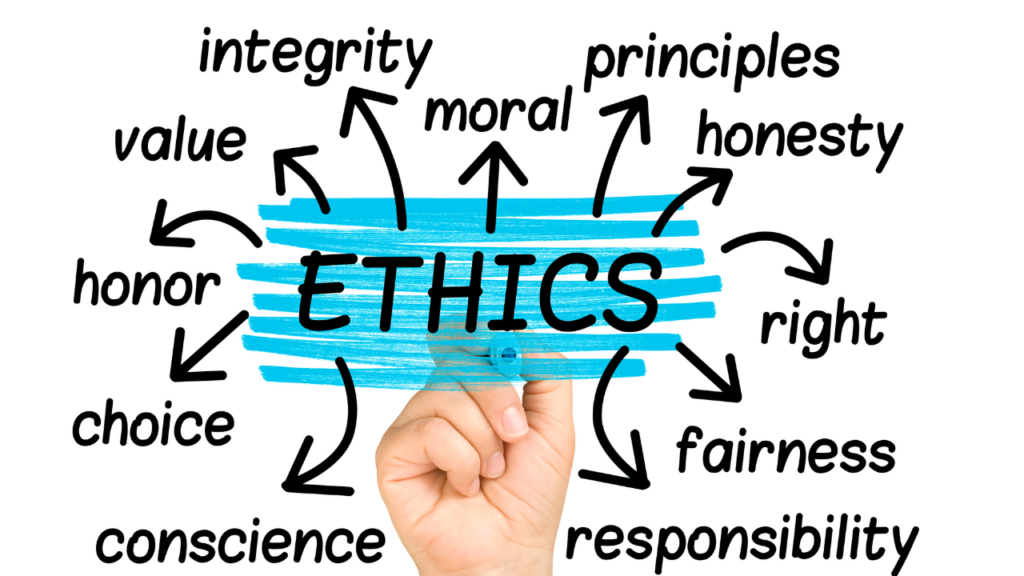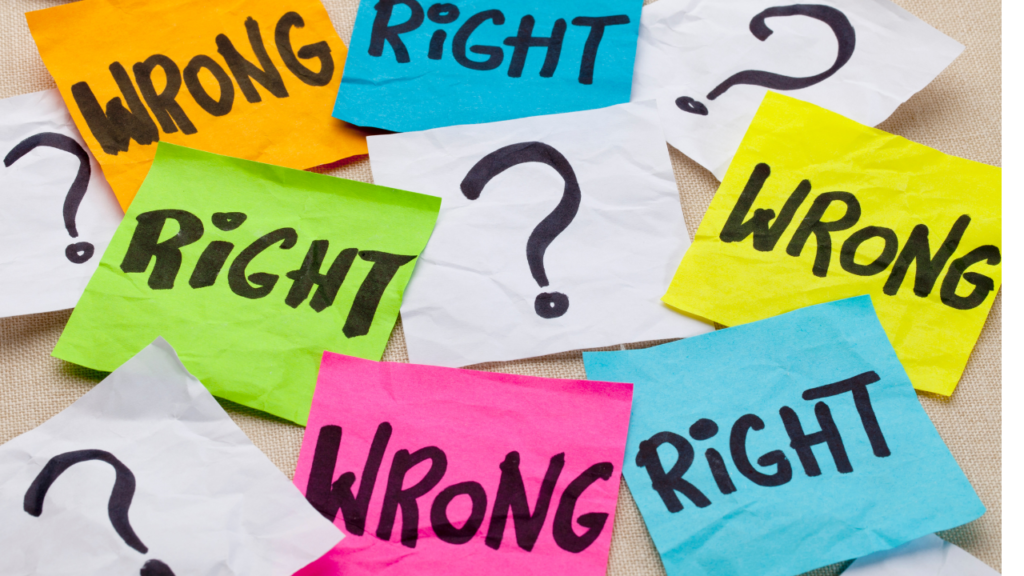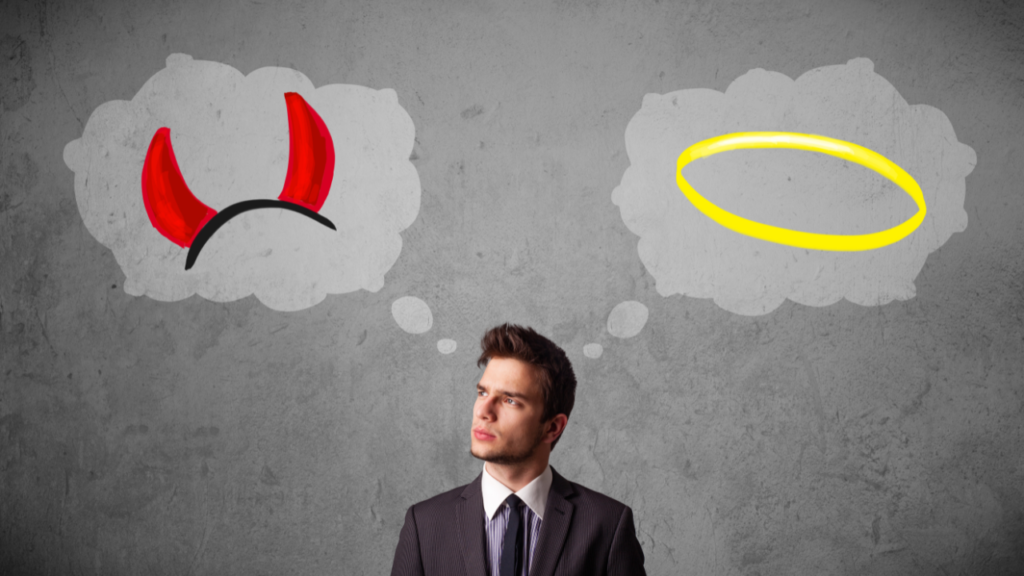Extreme Circumstances Change People’s Moral Behaviour
Moral behavior is the actions of an individual prioritizing the well-being of others over oneself and reflects honesty, integrity, and respect for other people. In this blog, we will see how survival instinct, heroism, altruism, group mentality, moral reflection, and moral disengagement change an individual’s moral behaviour.
Thank you for reading this post, don't forget to subscribe!
Reasons of Change in Individual’s Moral Behavior due to Circumstances
There are a multitude of reasons that make a change in individual’s behavior. Here are the following reasons:-
1. Survival Instinct Over Morality
Life is the best teacher as it teaches us through experiences. Since time immemorial people were taught to choose the right path, which was supposed to be ethical. But the irony is that in life-threatening situations, people prioritize survival.
For example, if a person has lots of money in front of his eyes that belongs to some other person and he has the opportunity to take that money and save his sick mother’s life. Will that person save his mother’s life or leave the money for the sake of honesty?
2. Shift in Ethical Boundaries
In certain extreme circumstances, moral lines are blurred. For example, smoking in public places is normalised even if it harms many passive smokers. It supports individual freedom. the 90’s, smoking in public places became socially unacceptable.
In some situations, one hits others for self-defence, even if one knows it is wrong. If a girl is being eve-teased, will she prefer not to hit that person in return or tolerate his misbehaviour? So, in these situations, morality overpowers survival instinct. These circumstances show how individuals perceive moral responsibility.

3. Increased Altruism or Heroism
Selfless concern for others’ well-being is not everybody’s cup of tea. Few individuals choose to be considerate by being unselfish. They rise to the occasion to save the lives of people.
For example, in 2025, Saurav Kumar, a nine-year-old boy, was given the President’s Award for saving the lives of three girls. He had saved them from drowning. Such brave acts of children raise our faith in humanity.
Extreme acts of heroism for helping others change people’s behaviour where they prioritize protecting others and self-sacrificing. It is our moral responsibility to take care of ourselves. We can help others only when we are in the pink of health.
4. Moral Disengagement
People try to justify their immoral behaviour and find excuses to cover them. They say that their unethical behaviour was the need of the hour, hence, it was the right thing to do.
For example, if a girl is wearing short dress and is teased or physically abused, then some people are of the notion that she was at fault as she was wearing a revealing outfit.
Another instance is where youths make reels to get social media likes by performing stunts on roads and public places. They are of the view that they are right, as no harm was done to anyone. Such people do not have civic sense and consider that whatever they were doing was right.
5. Group Mentality and Ethics
People try to adhere to group norms and behaviours for group acceptance. They think like the people in the group and sometimes make unethical decisions. We often see people resorting to vandalism. This is often because of mob mentality. Such a set of people prefer group loyalty over sticking to their personal beliefs. We often go to a restaurant and eat our friend’s favourite food. We go to the library and prefer to read a book suggested by our friend.

6. Psychological Numbing
In certain situations, overwhelming emotions make people psychologically numb. They do not care about the consequences of a situation and become emotionally detached. They are disconnected from their own body and thoughts. So, they find it difficult to connect with others. For example, recently, a lady named Pooja, who was from Uttar Pradesh, ended her life just because she was saddened by the fact that her cat had died.
7. Post-Crisis Moral Reflection
After a crisis, people end up rethinking their personal beliefs because of guilt or regret. People introspect, and this gives them an insight about their behaviour. Personal reflection and acknowledgement of feelings help an individual to deal with the crisis trauma effectively.
Also Read:-

Written by Sukhjit Kaur, educator with 17+ years of experience.